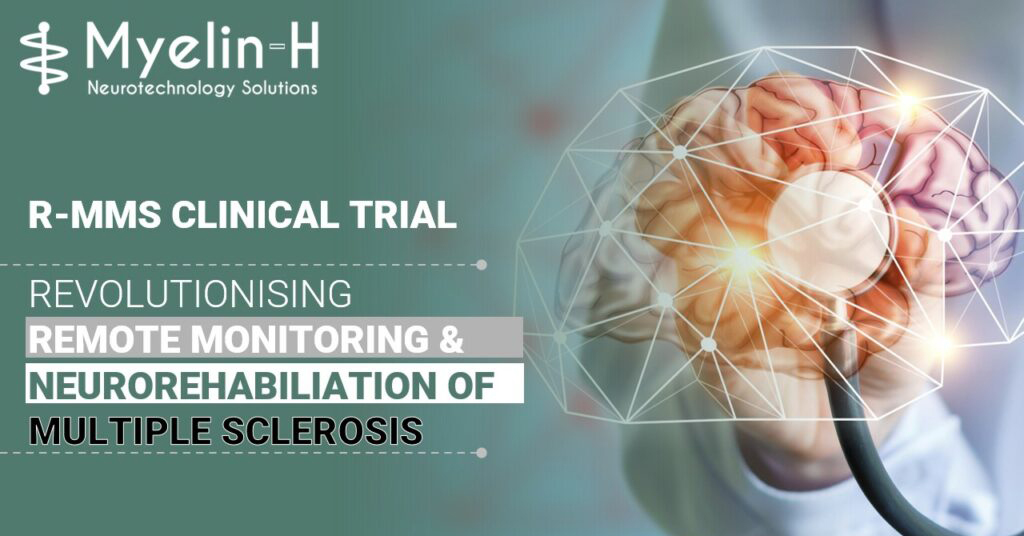News
Interview with Mrs Tonika Hirdman
Interview with Mrs Tonika Hirdman (Director General, Fondation de Luxembourg)
The Fondation de Luxembourg (FdL) has been a staunch supporter of the LIH over the years, having backed a large number of projects across multiple research areas. In this interview, Mrs. Hirdman, Director General of the FdL, sheds light on the foundation’s pivotal role in supporting healthcare and research initiatives both locally and globally.
Mrs Hirdman, could you tell us more about the Fondation de Luxembourg and its mission?
T.H.: Certainly. The Fondation de Luxembourg was established in 2008 as a collaborative effort between the Luxembourg state and the “Œuvre Nationale de Secours Grande-Duchesse Charlotte”. Our primary aim is to simplify philanthropy for donors by providing them with a platform to create and manage personal foundations under the umbrella of the FdL. We assist them with the identification of projects in line with their specific areas of interest, their coordination and the monitoring of their impact. Since our establishment, we have created over 110 foundations under our aegis, which are active across a broad range of sectors, from poverty reduction and education, to cultural heritage preservation, environment and climate change, and health and research. Although we are based in Luxembourg, the reach of our activities extends beyond our borders, towards the most vulnerable populations in up to 60 different countries.
What about its involvement in supporting healthcare and research projects specifically?
T.H.: Overall, healthcare and research attract a lot of philanthropic efforts because of their direct resonance with people. We currently have 16 foundations active in healthcare and research, covering subjects including biomedicine, cancer research, and neurodegeneration across up to a dozen countries, from Luxembourg and its neighbouring countries, to developing countries such as the Congo and Senegal. Our support ranges from covering expenses related to experiments, consumables and the salaries of scientists to capacity building in developing countries, but it is also about providing scholarships and grants to PhD students to allow them to participate in exchange programmes abroad. Since the COVID-19 pandemic we have experienced a significant increase in financial support for projects in this field. Indeed, in 2020, we launched our dedicated COVID-19 foundation, which raised over EUR 2 million for Luxembourg-based projects within just 2 years. This funding was allocated to various projects related to the pandemic, including collaborations with the Research Luxembourg Taskforce on health and research initiatives. Since then, the proportion of support for health and research exploded from 28% of our total donations in 2019 to 44% in 2023, a figure which has remained stable since 2020! We could therefore say that the pandemic has reinforced the importance of healthcare and research in the eyes of our donors.
What do you perceive as the major challenges facing our healthcare systems, and how can private and institutional donors contribute to addressing them?
T.H.: Generally speaking, healthcare systems face numerous challenges, particularly with the increasing demands and costs associated with an aging population. Here in Luxembourg specifically, our primary healthcare system is generally well-functioning, although the small size of the country means that medical care for more complex and specialised diseases is more limited. Luckily, we boast excellent and effective collaborations with centres of excellence in our neighbouring countries, ensuring access to high-quality medical care. Nevertheless, there still are many people in Luxembourg who are not covered by the Caisse Nationale de Santé, highlighting the crucial role of charitable associations such as Médecins du Monde in terms of democratising access to basic healthcare. This is also one of the areas that we support through our individual foundations. At the same time, private and institutional donations can play a crucial role in supporting innovative research projects, like in the area of personalised medicine and artificial intelligence, which constitute two major opportunities to increase research efficiency, accelerate the translation of its results into clinical practice and improve patient outcomes. Thereby donors can contribute to harnessing the benefits of these innovations and facilitate collaborations between researchers and healthcare providers.
Could you highlight some of the major LIH projects supported by the Fondation de Luxembourg?
T.H.: We have been following the evolution of the former CRP-Santé, currently the LIH, with great interest over the years, as its history is coincidentally aligned with the establishment of the FdL. Hence, we have taken a particular interest in the institute’s innovative research activities. Indeed, over the years, we have provided over EUR 500,000 to the LIH through 5 of our foundations – including the now closed COVID-19 foundation – and across a variety of areas, from cardiology and cancer to COVID-19. Specifically, through the “Fondation COEUR – Daniel Wagner”, we have been supporting two projects led by Dr Yvan Devaux of the Cardiovascular Research Unit, which aim to study the effect of cardiac arrest on brain function and develop specific biomarkers to predict patient outcomes following cardiac arrest. In parallel, the “Fondation Marie-Jeanne et Edmond Schumacher” backed a very interesting project led by Dr Eric Van Dyck of the DNA Repair and Chemoresistance research unit, which aimed to interfere with the DNA repair mechanisms in deadly glioblastoma tumours in order to activate an innate immune response against cancer cells, thereby potentially improving the effectiveness of current immunotherapies. Similarly, the “Fondation Josée Wolter-Hirtt” is currently supporting Drs Anna Golebiewska and Sabrina Fritah of the NORLUX Neuro-Oncology Laboratory in assessing the impact of specific RNA modifications on the response of brain tumours to pharmacological treatment. As for COVID-19, we financed the work of Dr Brice Appenzeller in determining how the hormonal status of patients prior to infection could be linked to the severity of symptoms and possibly used as a predictive tool. And finally, the “Fondation du Pélican de Mie et Pierre Hippert-Faber” has directly supported several LIH PhD candidates over 2019-2022 through the Pelican Grants, helping them finance their research and cover additional costs such as travel expenses to participate in conferences and training workshops, as well as short-term stays abroad as part of research collaborations.
What were your main reasons for supporting research at the LIH?
T.H.: Firstly, we see the LIH as one of the key players in the Luxembourgish biomedical research scene, and at the forefront of personalised medicine, which aligns with our priorities. Additionally, the institute excels in translational research, bridging the gap between fundamental and clinical research—a key focus for us. Moreover, its strong local presence and well-established collaboration with institutions like the National Research Fund further enhances its appeal to donors and provides an opportunity for co-financing, thereby leveraging the impact of private donations. And finally, we are impressed by the highly-qualified profiles of LIH researchers and by their positive, forward-looking and can-do outlook!
To conclude, how do you envision the Fondation de Luxembourg’s support evolving towards AI and digital health in the future?
T.H.: While our current funders may focus more on traditional disease areas and conventional research methods, I strongly believe there will be a shift towards AI and digital health in the coming years. These technologies hold immense potential to improve healthcare outcomes and efficiency. The LIH is well-positioned to lead advancements in this area, and we anticipate increasing support for projects in AI and digital health as awareness grows.








